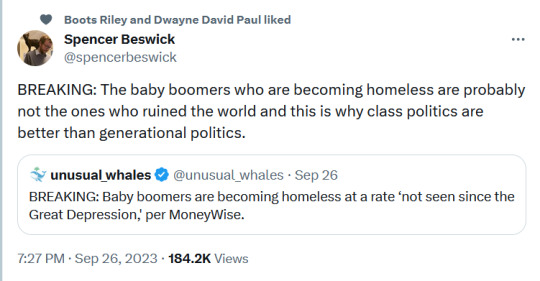Text
Fanfic writers are like crows. If you give them treats (comments) they will bring you shiny things (fanfic)
15K notes
·
View notes
Text
So we all know that Tumblr is US-centric. But to what degree? (and can we skew the results of this poll by posting it at a time where they should be asleep?)
Reblog to increase sample size!
45K notes
·
View notes
Text
I mean most native English speakers at least know Frere Jacques, and here in the US at least we know Spanish songs as well. So yeah.
Submitted by @sky-the-snail-fanatic

6K notes
·
View notes
Photo

This is the money Marge. Reblog for good fortune
35K notes
·
View notes
Text
Voyager- we needed to see them actually land on Earth and I wanted a hug with Tom Paris & his father, showing him his new grand baby, 7 meeting her aunt, all sorts of things!
For bonus points share one thing you wish would have happened in that extra season
#star trek#star trek voyager#star trek enterprise#star trek the next generation#star trek deep space nine#st:ds9#st: tos#st:voy#st: ent#star trek thoughts#Star Trek holodecks need to be a thing already too btw#Star Trek movies
610 notes
·
View notes
Photo
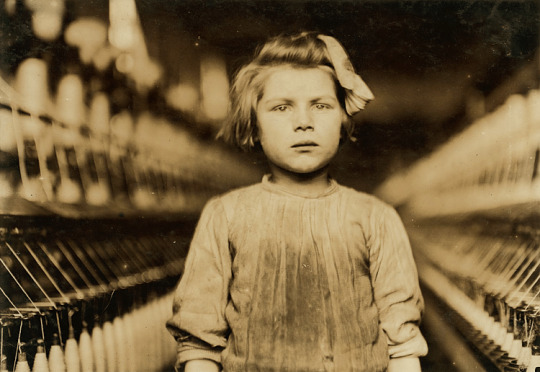
Child Labour in the British Industrial Revolution
Children were widely used as labour in factories, mines, and agriculture during the British Industrial Revolution (1760-1840). Very often working the same 12-hour shifts that adults did, children as young as five years old were paid a pittance to climb under dangerous weaving machines, move coal through narrow mine shafts, and work in agricultural gangs.
It was very often the case that children’s jobs were well-defined and specific to them, in other words, child labour was not merely an extra help for the adult workforce. The education of many children was replaced by a working day, a choice often made by parents to supplement a meagre family income. It was not until the 1820s that governments began to pass laws that restricted working hours and business owners were compelled to provide safer working conditions for everyone, men, women, and children. Even then a lack of inspectors meant many abuses still went on, a situation noted and publicised by charities, philanthropists, and authors with a social conscience like Charles Dickens (1812-1870).
A Lack of Education
As sending a child to school involved paying a fee – even the cheapest asked for a penny a day – most parents did not bother. Villages often had a small school, where each pupil’s parents paid the teacher, but attendance was sometimes erratic and more often than not the education rudimentary in hopelessly overcrowded classes. There were some free schools run by charities, and churches often offered Sunday school. Not until 1844 were there more free schools available, such as the Ragged schools established by Anthony Ashley-Cooper, 7th Earl of Shaftesbury (1801-1885). These schools concentrated on the basics, what became known as the 3 Rs of Reading, Writing, and Arithmetic. Compulsory education for 5 to 12-year-olds, and the institutions necessary to provide it, would not come along until the 1870s. Consequently, “at least half of nominally school-age children worked full-time during the industrial revolution” (Horn, 57).
Some factory owners were more generous than others to the children in their employ. An example is the Quarry Bank Mill in Styal in the county of Cheshire. Here the owner provided schooling after the long working day was over for 100 of its child workers in a dedicated building, the Apprentice House.
An indicator of better education, despite all the difficulties, is literacy rates, rather imperfectly measured by historians by recording the ability of a person to sign one’s name on official documents such as marriage certificates. There was a great improvement in literacy, but by 1800, still only half of the adult population could sign their name to such documents.
For those children who could find work in the Industrial Revolution, and there were employers queueing up to offer it, there were no trade unions to protect them. For the vast majority of children, working life started at an early age – on average at 8 years old – but as nobody really cared about age, this could vary wildly. Working involved at best tedium and at worst an endless round of threats, fines, corporal punishment, and instant dismissal at any protest to such treatment. In one survey taken in 1833, it was found that the tactics used with child labourers were 95% negative. Instant dismissal accounted for 58%. In only 4% of cases was a reward given for good work, and a mere 1% of the strategies used involved a promotion or pay rise.
Continue reading…
96 notes
·
View notes
Text
What in the world? 😳










Yet another selection of some of the better names I've come across in Regency era newspapers recently.
1K notes
·
View notes
Text
Dry heat is scarier imho because you don’t realize you’re getting dehydrated as easily
Humid heat is harder to work in however you are more aware of what it’s doing to your body so you drink more and rest more
summer is coming up lads..
12K notes
·
View notes
Text
“I missed the part where this is my problem” -Peter Parker. However his inaction to help even a horrible asshole leads to Ben getting um, Ben Parkered so yeah… 😬
Peter Parker is sick and tired of being treated like trash from all the heroes and decides to quit being Spider-Man. Since then, crime rate is at a all time high in New York and the heroes are losing against the villains. Peter says it’s not his problem anymore.
3K notes
·
View notes
Text
🟢 You are still a writer even when you haven't written in a while.
🟢 You are still a writer even when you feel like you aren't writing enough.
🟢 You are still a writer when you feel like your work isn't good.
🟢 You are still a writer when other people don't like your work.
🟢 You are still a writer when you aren't published.
🟢 You are still a writer when you only have works in progress.
🟢 You are still a writer if all you write is fanfiction.
26K notes
·
View notes
Text
We desperately, as a nation, need a new wired interview with these two as long , if not longer, then this one please!

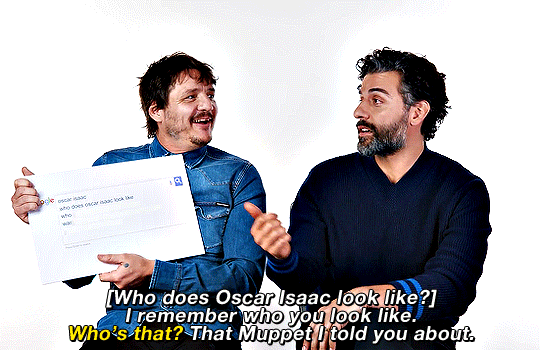


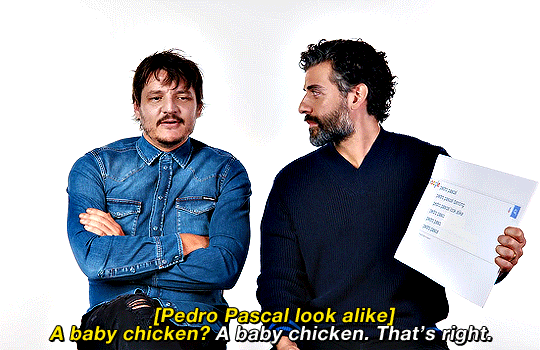



Oscar Isaac & Pedro Pascal Answer the Web's Most Searched Questions (2019)
#pedro pascal#oscar isaac#josé pedro balmaceda pascal#oscar isaac hernandez estrada#wired interview#seritonin fix#celebrity interviews#make them both wear open cut dress shirts too >.> lol!
963 notes
·
View notes
Text
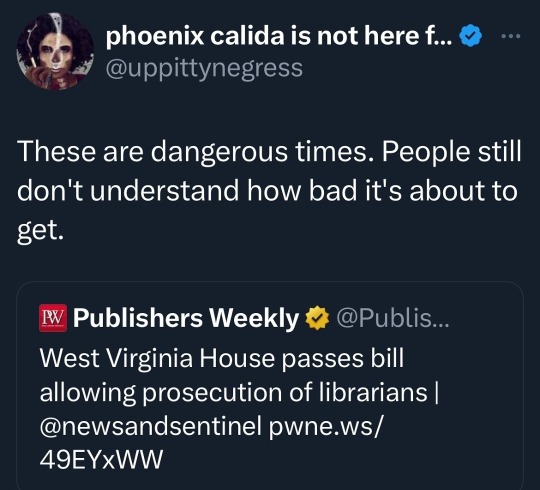
Cops can murder with qualified immunity.
Librarians can be arrested if a student sees an image that someone finds obscene. What could go wrong?
Schools, libraries, and museums are usually exempted. West Virginia is making a dangerous mistake, allowing the weakest minds to influence public policy.
#VoteBlue
2K notes
·
View notes
